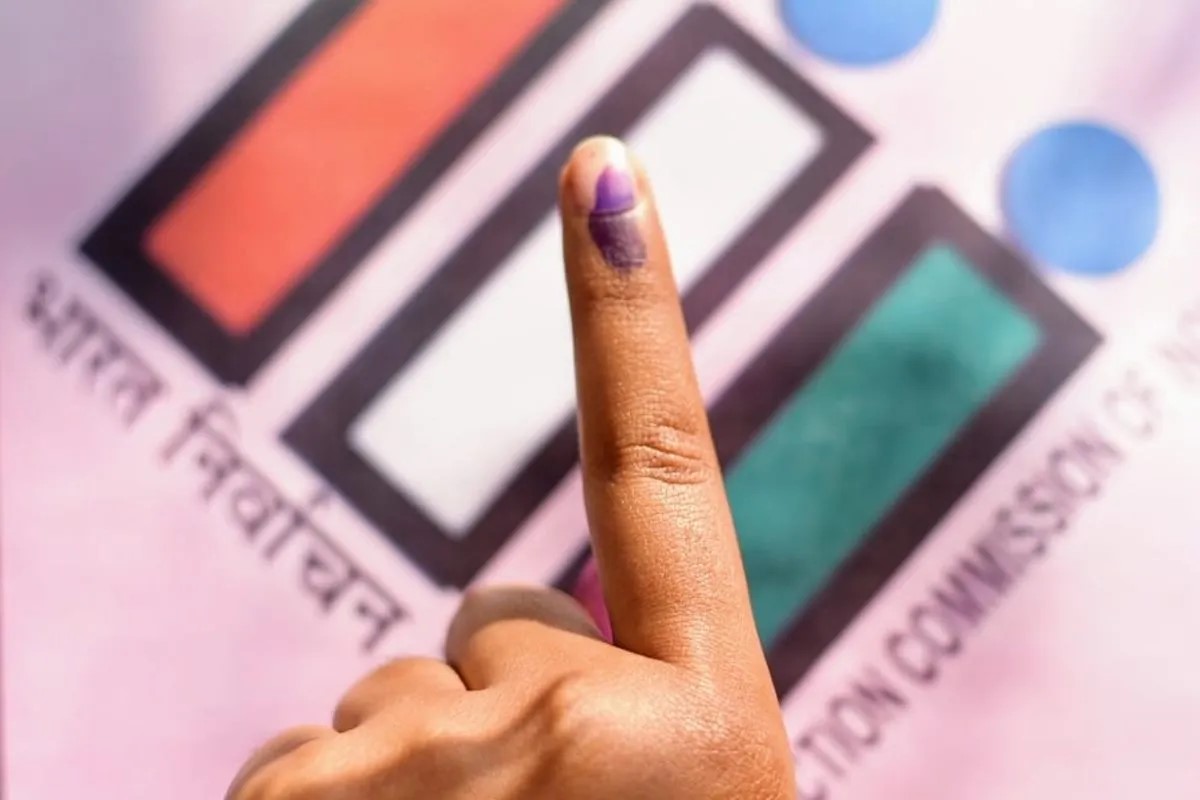
Panchayat Polls: BJP Prioritizes Women’s Leadership with 172 Female Candidates Out of 318

 :
| Updated On: 10-Apr-2025 @ 2:07 pm
:
| Updated On: 10-Apr-2025 @ 2:07 pmSHARE
The Bharatiya Janata Party (BJP) in Assam has officially declared its list of candidates for the upcoming Panchayat elections, which are set to take place on May 2 and 7. The announcement came after an intensive core committee meeting held on Wednesday, where senior party leaders finalized the list following multiple rounds of consultations, screenings, and internal discussions.
In a significant move that underscores the party's commitment to promoting women's political participation, out of the total 318 candidates announced by the BJP, a noteworthy 172 are women. This development is being widely viewed as part of the party's strategic emphasis on empowering women and increasing female representation in local governance bodies. It aligns with the broader vision of the BJP to foster inclusive growth and strengthen grassroots democracy, especially in rural regions of Assam.
The announcement was made public during a press conference in Guwahati, where key BJP figures including Samaguri MLA Diplu Ranjan Sarma and senior party leader Pallab Lochan Das briefed the media. During the interaction, they elaborated on the party's candidate selection process and outlined the coordination efforts that were made in tandem with their National Democratic Alliance (NDA) partners.
Speaking at the press conference, MLA Diplu Ranjan Sarma highlighted that the decision to field 318 candidates was made in accordance with prior statements made by the Assam Chief Minister and the state BJP president. "We are contesting 318 out of the 396 district constituencies as part of a carefully calibrated seat-sharing arrangement with our NDA allies," Sarma said. He further added that the remaining 73 seats have been allocated to the BJP's key coalition partner, the Asom Gana Parishad (AGP), which is expected to announce its candidate list for those constituencies shortly.
This strategic division of seats within the NDA is seen as a measure to consolidate the ruling alliance's influence at the grassroots level. The BJP's allocation of a large number of tickets to women candidates also indicates the party's intent to foster leadership among women at the Panchayat level. According to party insiders, this decision was influenced by a combination of factors including the rising number of women voters, the performance of women leaders in local bodies in previous terms, and the party's national focus on women's empowerment.
Party leader Pallab Lochan Das, who also addressed the media, emphasized that the candidate selection process involved rigorous scrutiny to ensure that the final list reflected a balanced representation of communities, geographical areas, and socio-economic backgrounds. "Our goal was to ensure that we present to the electorate a team of candidates who are not only committed to public service but also capable of delivering results on the ground," he noted.
In terms of electoral strategy, the BJP is banking heavily on its grassroots organizational structure and the appeal of its development agenda to secure a strong mandate in the upcoming polls. The party has also been leveraging the achievements of the current state government under the leadership of Chief Minister Himanta Biswa Sarma, especially in areas such as infrastructure development, social welfare schemes, and law and order, to bolster its prospects.
Political analysts have pointed out that the decision to field such a high number of women candidates could prove to be a game-changer in the Panchayat elections. Given that rural women have traditionally played a significant role in local governance in Assam, this move could help the BJP not only consolidate its existing voter base but also expand its influence in areas where it has faced electoral challenges in the past.
The upcoming Panchayat elections are being closely watched, as they are expected to serve as a litmus test for the popularity of the ruling coalition in Assam. With nearly 400 seats at stake, the outcome could have far-reaching implications for both state and national politics. The BJP's proactive approach in finalizing and announcing its candidates well ahead of the polls is seen as part of its larger effort to maintain momentum and build a robust campaign across the districts.
In conclusion, the Assam BJP's decision to field 318 candidates, with over half of them being women, for the upcoming Panchayat elections represents a bold and forward-looking approach aimed at strengthening grassroots democracy and enhancing the role of women in local governance. As the AGP prepares to release its own list of candidates under the NDA umbrella, all eyes will now be on how the coalition's strategy plays out in the days leading up to the polls.